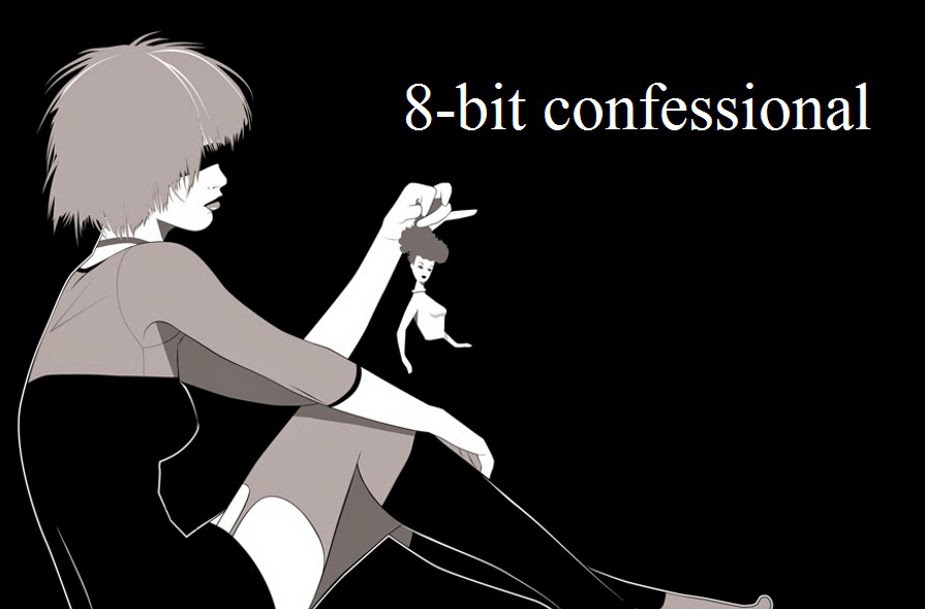
Okay, I've beaten this horse (the dead one), but there's one more go round before I put Isaac Clarke and his ferocious friends to bed.
I've written a lot about Dead Space for the past few weeks, and I've hashed out a bunch of issues that I think that are interesting about the game. So, it's time for me to dialogue (rather than just what have mostly been monologues) with the Moving Pixels podcast crew about both games in the series (though I think our focus largely stays with the sequel more than anything else, which is good--I think--since a lot of my discussion has revolved around the first game).
So, if the topic hasn't gotten too stale for you, one more for the road (I'll be on to Bulletstorm this Wednesday, and then further onwards towards some as yet uncharted territory, perhaps):
Moving Pixels Podcast: It's Very Dead... in Space











